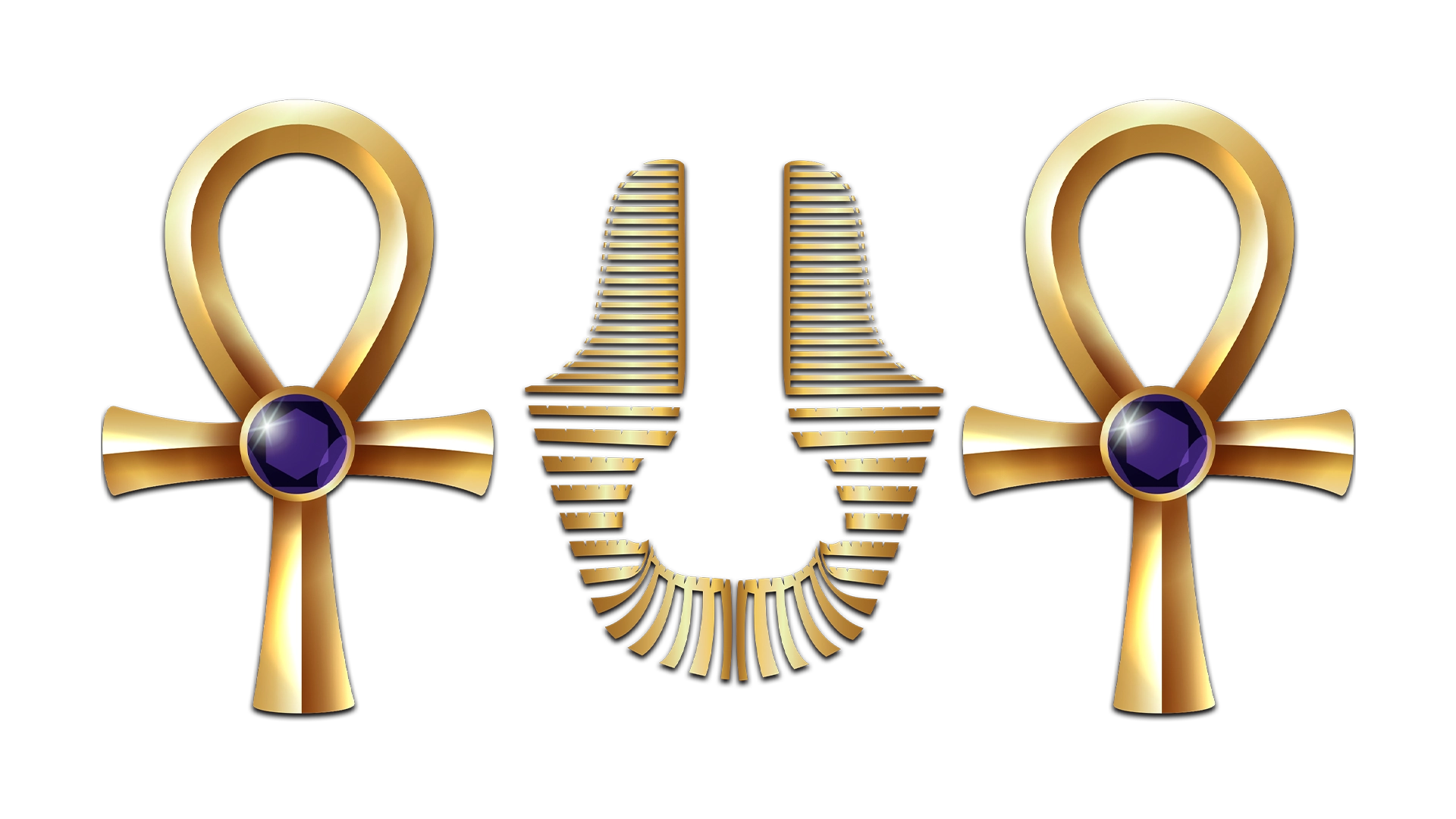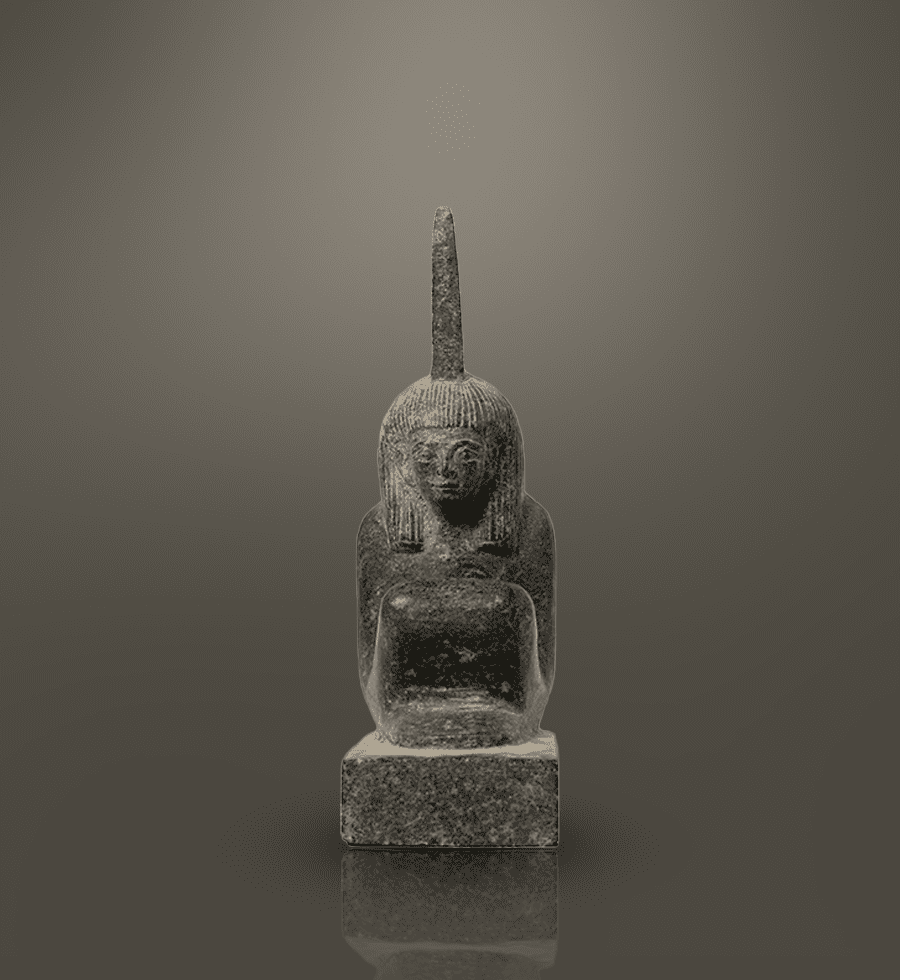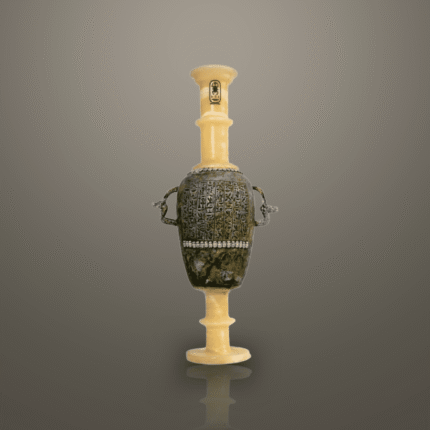The statue of Ma’at
$2,800.00
The statue of Ma’at depicts the goddess Ma’at, the deity of justice and truth in ancient Egypt, symbolizing cosmic order and righteousness.
| Weight | 2 kg |
|---|---|
| Dimensions | 20 × 10 × 10 cm |
| Brand |
Alabaster |
The Statue of Ma’at: Symbol of Justice and Truth
The statue of Ma’at, the ancient Egyptian goddess of truth, justice, and cosmic order, symbolizes the core values of ancient Egyptian society. Ma’at is often depicted with a feather on her head, which represents balance and moral integrity. The feather itself became a key symbol of justice and truth, used in the “Weighing of the Heart” ceremony. This ritual determined the fate of souls in the afterlife. The statue captures Ma’at’s central role in maintaining harmony, both in daily life and in the spiritual realm.
Ma’at’s Importance in Ancient Egyptian Beliefs
Ma’at wasn’t just a deity; she embodied the principles of order, justice, and law that shaped Egyptian society. The concept of Ma’at governed everything, from the actions of the pharaoh to the functioning of the universe. Egyptians believed that chaos would follow if Ma’at wasn’t upheld. Her values of truth and fairness were essential for the well-being of the state and its people.
The statue of Ma’at reflects this significance. She wears the feather of truth on her head, a symbol that carried weight in both religious and legal contexts. During the “Weighing of the Heart” ceremony, this feather determined whether a deceased soul could pass into the afterlife. A heart lighter than the feather showed a life lived in truth. This role made Ma’at the guardian of moral balance and cosmic harmony.
The Statue of Ma’at: A Testament to Ancient Egyptian Artistry
The statue of Ma’at highlights the artistry of ancient Egyptian craftsmen. Made from durable materials and intricately detailed, the statue emphasizes the importance of Ma’at in life and death. Her calm expression reflects the serene order she brought, while the feather reminds us of her connection to justice. For collectors and history lovers, this statue represents not just art but the ethical and spiritual foundations of ancient Egypt.
Learn more about The statue of the goddess Hatshepsut.
Discover the Statue of Anubis.
Read more about Ma’at and her role in ancient Egyptian beliefs on Wikipedia.













Reviews
There are no reviews yet.